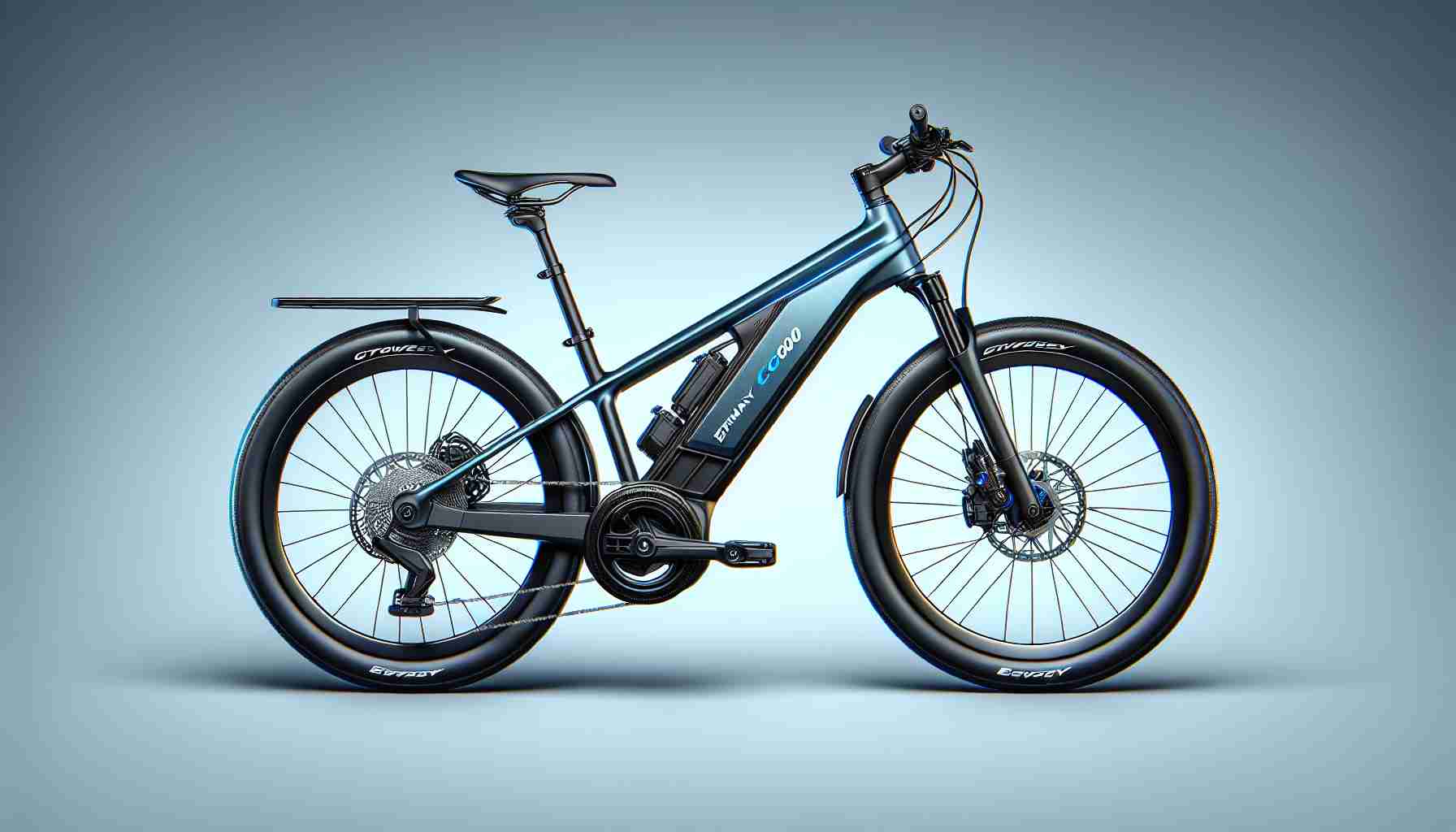La marca líder de bicicletas eléctricas, Tenways, ha presentado recientemente su última creación, la CGO600 Pro. Esta e-bike ligera y asequible está diseñada para revolucionar los desplazamientos urbanos, permitiendo a los ciclistas dejar de lado sus automóviles para trayectos cortos. Con un precio inicial de $1,500, la CGO600 Pro marca la diferencia.
El diseño de la CGO600 Pro representa una mejora significativa en comparación con su predecesora, la CGO600. Tenways se ha centrado en crear una e-bike ligera, utilizando tubos de aluminio y una transmisión de carbono Gates para reducir el desorden. El resultado es una máquina elegante y versátil que puede manejar las calles de la ciudad, carreteras de grava e incluso adoquines con facilidad. La dimensión de neumáticos de 45c elegida por Tenways proporciona el equilibrio perfecto entre comodidad y rendimiento.
Una de las características destacadas de la CGO600 Pro es su potente motor. Dependiendo de la región, los ciclistas pueden esperar un motor de 350 W o 250 W, junto con una batería de 10 Ah. En los Estados Unidos, esta combinación ofrece una impresionante autonomía de 53 millas, mientras que los ciclistas europeos pueden disfrutar de una autonomía ligeramente mejor de 62 millas. El motor Mivice, aunque relativamente desconocido, resulta ser una joya oculta que proporciona un viaje suave y emocionante.
En aplicaciones del mundo real, la CGO600 Pro brilla. El motor Mivice arranca sin problemas desde la primera pedalada, permitiendo a los ciclistas alcanzar la velocidad máxima en solo unos pocos giros. La transmisión de carbono Gates asegura que una vez que se alcanza la velocidad deseada, mantenerla es un juego de niños. Maniobrar entre el tráfico es muy fácil gracias al manejo receptivo y a la naturaleza ágil de la bicicleta.
En general, la CGO600 Pro de Tenways es un campeón ligero en el mercado de las e-bikes. Su diseño elegante, motor potente y rendimiento versátil la convierten en una opción convincente para los ciclistas urbanos. Ya sea que estés buscando reducir tu huella de carbono o simplemente disfrutar de un emocionante paseo, la CGO600 Pro cumple en todos los frentes. Di adiós a la congestión del tráfico y dale la bienvenida a una nueva era de transporte sostenible con la CGO600 Pro.











